What Tomorrow’s Retail Bag Looks Like
February 16, 2021
Hint: It’s not a single-use plastic bag.
12 minutes. That’s how long it typically takes from the moment we receive a single-use plastic bag to the moment we discard it. And those 12 short minutes barely register within the much longer life cycle of the plastic bag. The story of the plastic bag starts with extracting finite fossil fuels––like natural gas ––and usually ends in landfills, or worse, in our oceans, where they take decades to break down. It’s time that we identify a better, more resilient way forward for retail––one that maximizes valuable resources and benefits the customer, the retailer and the planet.
Every year, 100 billion single-use plastic bags are used annually in the U.S., and fewer than 10% of those are recycled. Plastic bags continue to be one of the top ten most littered items on our beaches, contributing to a mounting global waste crisis. And now, the urgency of these environmental challenges are coming head-to-head with a rapidly changing retail landscape, as a result of the COVID-19 pandemic. Stay-at-home mandates from many governments and work-from-home policies from many companies are driving the growth of e-commerce and digitization as consumer habits shifted almost overnight. This shake-up in retail norms presents the ideal moment for reinventing the single-use plastic bag through new business models and design innovation. If there was ever a time to rethink the status quo of our retail system, it is now.
The plastic bag plays a pivotal role in the retail experience; whether you’re buying groceries, ordering a shirt for delivery or picking up a prescription. It’s an extension of the store beyond its premises, and a convenience to the consumer, as we carry our goods home, pick them up from the curb or receive them at our doorsteps. To address the challenges of this shared experience around the plastic bag, we need a whole suite of solutions that can fit the varied retail contexts and customer needs across different geographic, social and economic environments.
This week, our Consortium to Reinvent the Retail Bag’s global innovation challenge, the Beyond the Bag Challenge, identified nine winning solutions that show the breadth and real-world promise of solutions that already exist to help reinvent retail and the plastic bag . Each brings a unique contribution to creating a new way to get our goods home, and together they can help pave the way forward, capitalizing on current market trends and shifting consumer habits in order to advance larger, industry-wide sustainable change.
Tracking the bag throughout its life
New digital technologies make it possible for customers and retailers to see well past the 12 minutes that elapse between the current checkout counter to disposal of today’s single-use plastic bag. They provide a clearer, more holistic picture of the lifespan of the bag, and with it, elevate the transparency of entire supply chains.
EON uses the Internet of Things (IoT) to help retailers track inventory, manage reverse logistics and understand how bags are used by monitoring impact data throughout the bag’s value chain, and extending lines of sight into their full lifecycle.
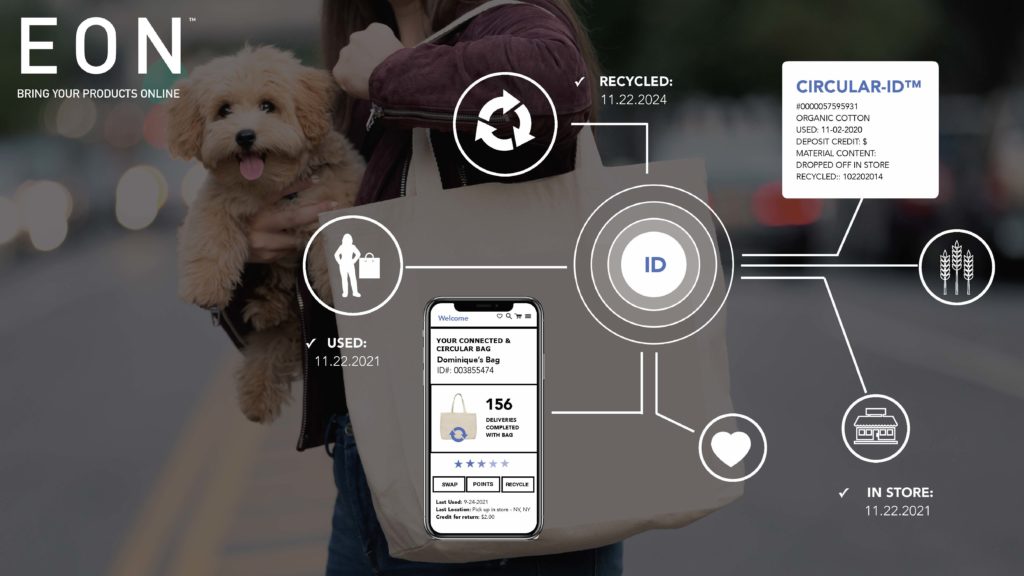
SmartC, a solution co-created by 99Bridges and Envision Charlotte, leverages IoT technologies to connect reusable bags, enabled by smart tags, at participating retail stores, allowing retailers to reward customers with points, coupons or discounts every time they reuse their shopping bags.
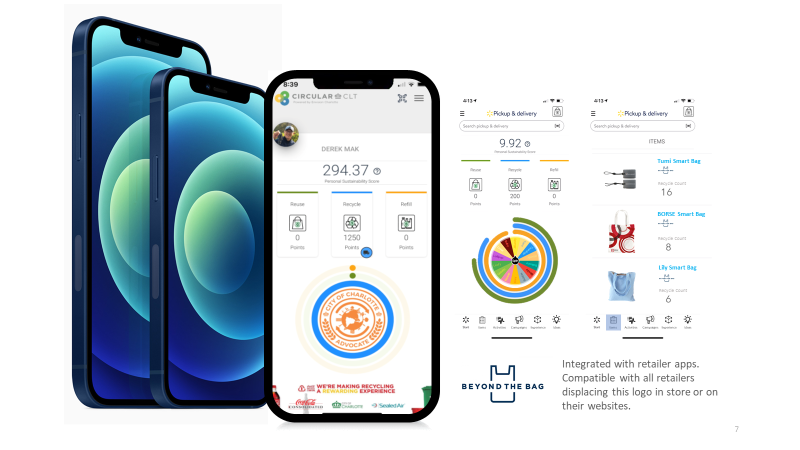
And what about all the existing reusable bags sitting in our closets? Fill it Forward created a tag that connects our bags to a mobile app where users track their environmental impact, help give back to charitable projects, and offer rewards that encourage reuse—significantly extending a bag’s lifetime.
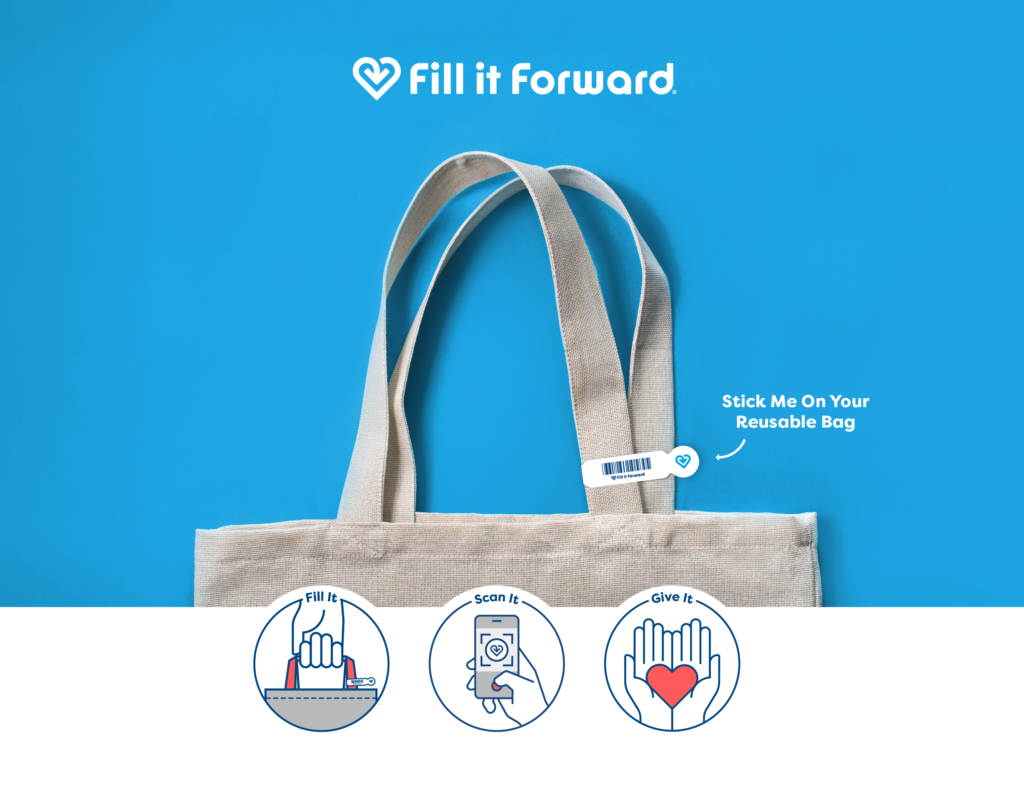
Meeting customer needs
Amidst a changing retail environment, these innovations recognize that habits are difficult to break, and to address this challenge, they have innovated around our lifestyles. Their Reuse models offer durable alternatives to the current retail bag, improving on the user experience not only from a performance standpoint, but from an environmental perspective too.
GOATOTE offers a kiosk system that provides us easy access to clean reusable bags, solving for those moments you do not have a reusable bag, but don’t want the trade-off of a single-use alternative offered at the store.
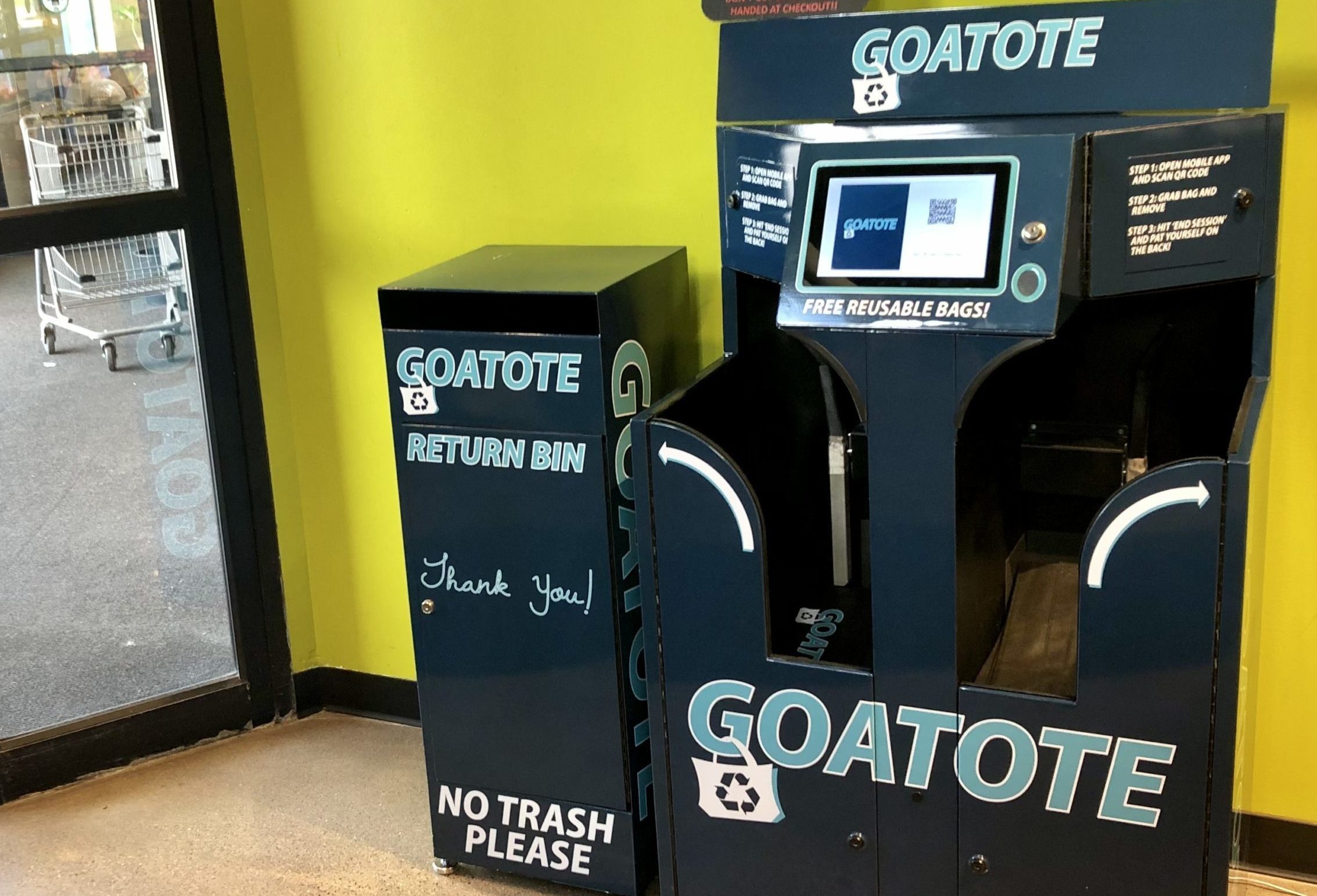
ChicoBag aims to have lightweight, compact, reusable bags readily available for a variety of customer interaction points––delivery, curb-side pick-up or in-store.
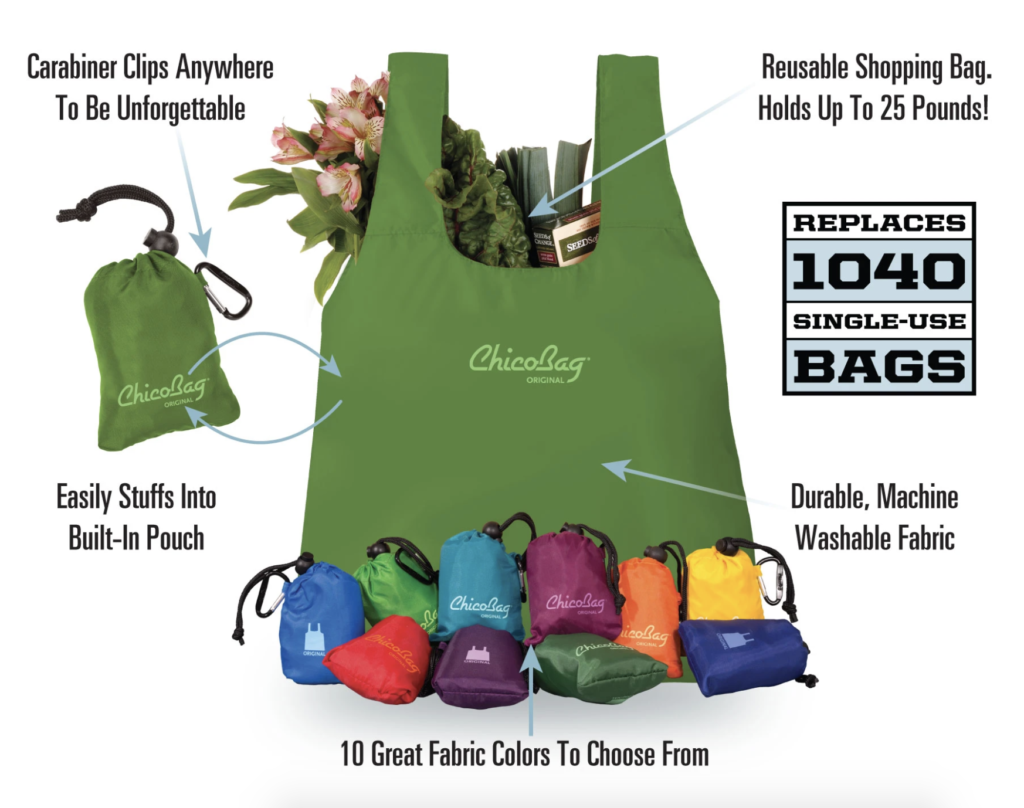
For those who shop online or use pick-up services, Returnity designs and manufactures reusable shipping bags and boxes for products already on the market, and provides the e-commerce and delivery packaging system that powers how these bags and boxes are used.
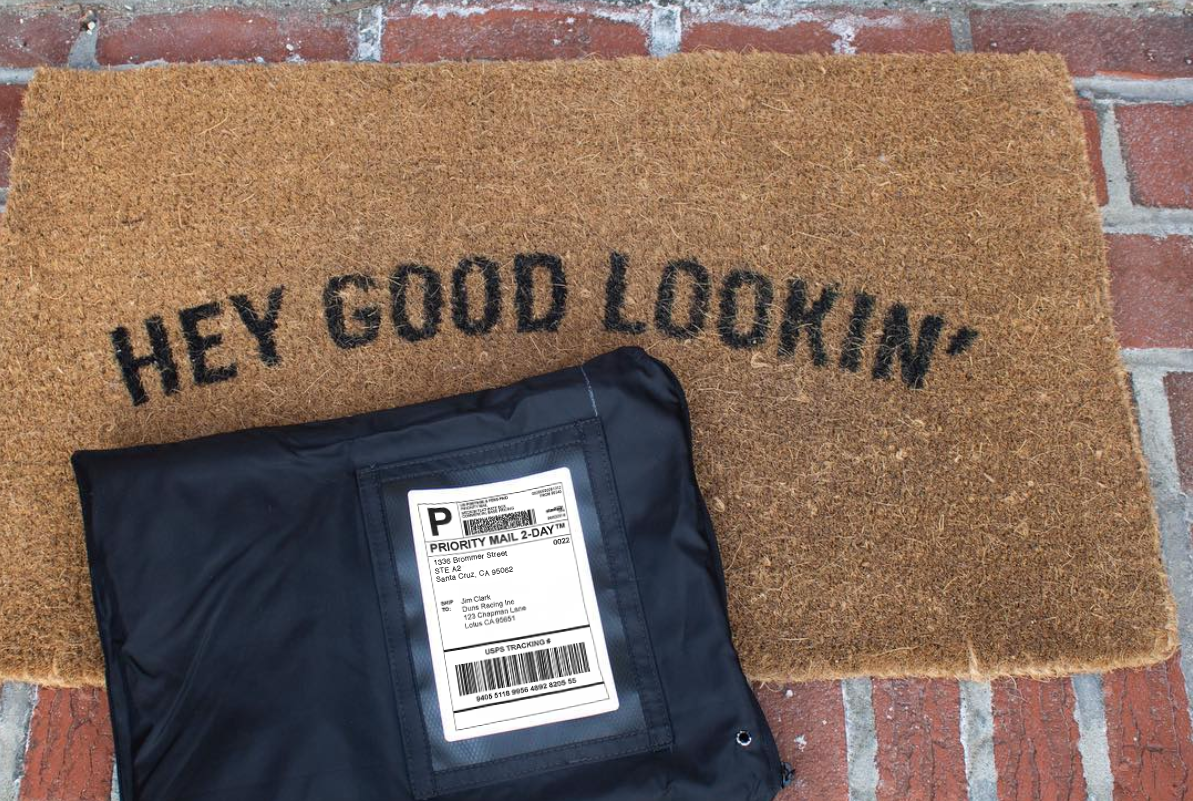
Aligning with existing retail operations
Some emerging innovators are focusing on material science innovations that result in bags that are indistinguishable from today’s plastic bag to a customer or retailer at checkout, but are sourced from renewable materials and follow different paths at end of use.
To replace traditional thin film plastics, Sway offers a seaweed-derived material that is bio-based and has the potential to be carbon-negative at scale. Their replacement matches the strength and performance of traditional plastic bags.
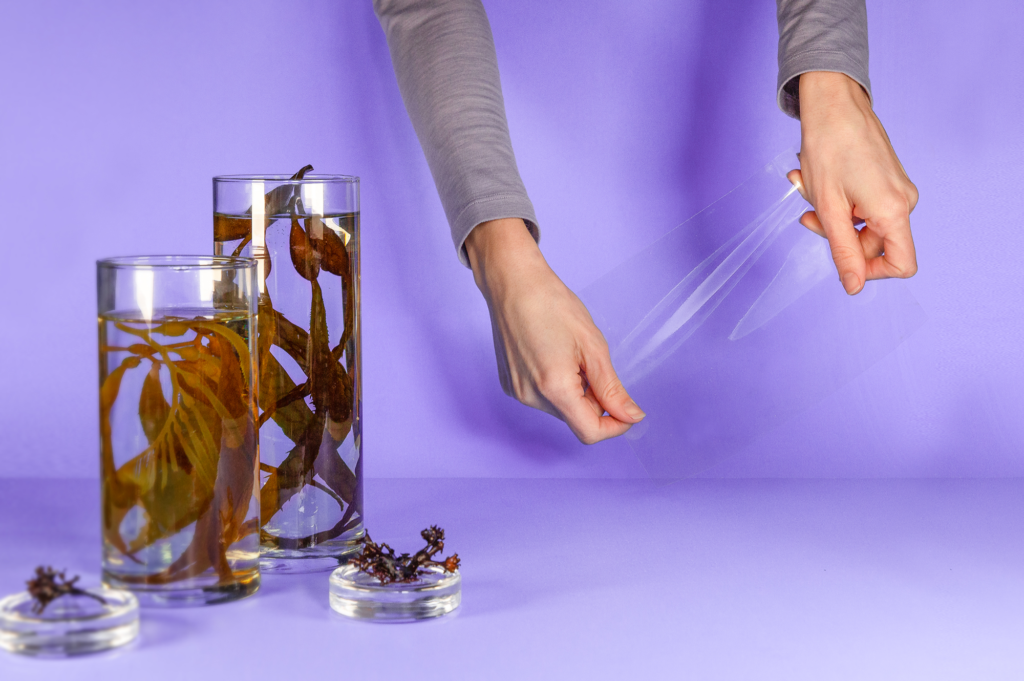
PlasticFri, on the other hand, sources starch from agricultural waste, creating a bio-based, compostable bag.
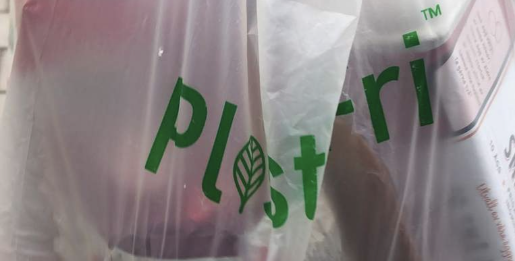
As an upgrade to traditional paper bags, Domtar is developing a new bio-based, recyclable material of 100% cellulose fiber that is stretchable and stronger, able to stand up to multiple uses. When considering which type of materials to introduce to a location, it is equally important to assess the availability of local curbside organics collection and anaerobic digestion and composting facilities, to ensure that these bags can be processed at end-of-life.
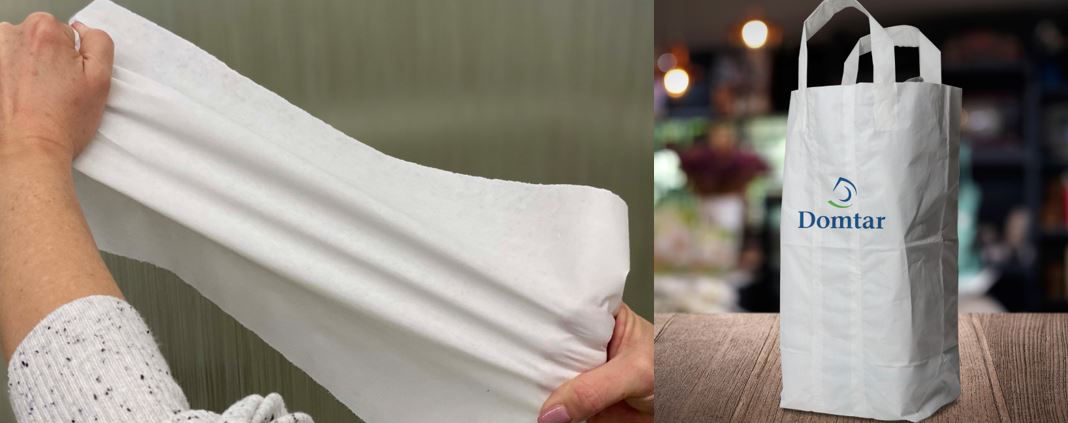
Today, the outsized impact of plastic bag waste demands innovative solutions. However, as companies work toward zero-waste goals, the packaging of items that go inside the bag is also an important consideration. In recognition of this, we are giving special recognition to two Beyond the Bag Challenge submissions as Circular Trailblazers. These companies are advancing refillable and reusable packaging systems for products across retail, from food to cleaning supplies, broadening the horizon for the waste-free future of retail. Algramo, a start-up based in Chile and now piloting in New York, has created a mobile dispensing system for personal care and cleaning products that allows shoppers to skip packaging all together. Loop, developed by TerraCycle, creates reusable and recyclable packaging alternatives for some well-known household products, eliminating the need for single-use packaging when customers visit a store, or deliver these items to their homes.
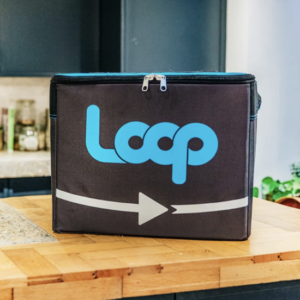 .
. 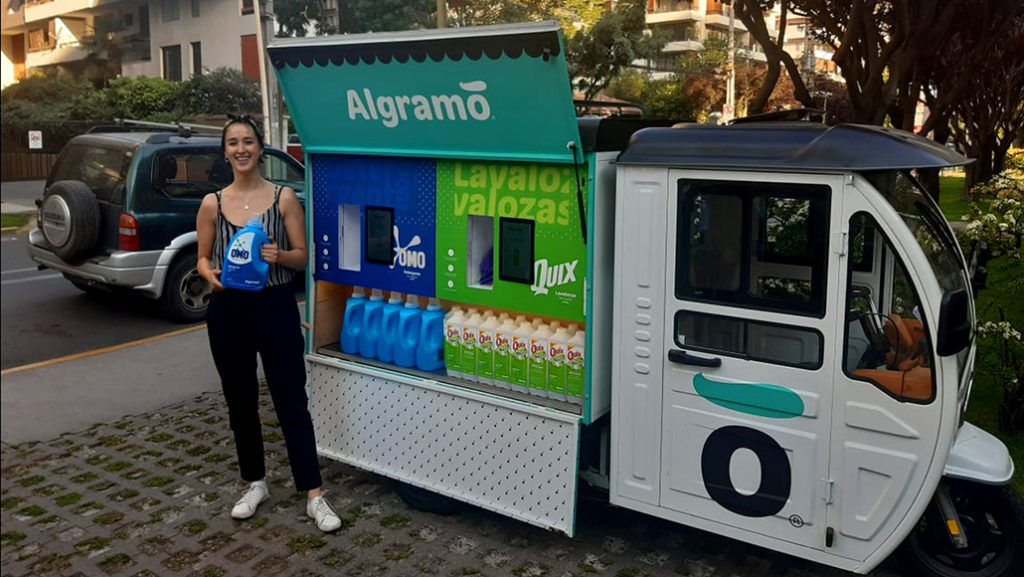
There is no one replacement for the current single-use bag––the solution lies in a combination of approaches that can fit into diverse retail markets. And it’s critical to test these solutions. The nine winners of the Beyond the Bag Challenge––Chicobag, Domtar, EON, Fill it Forward, GOATOTE, PlasticFri, Returnity, SmartC and Sway––need further investment, refining and piloting to help set them up for success, with support from the retail partners who came together to create the Consortium to Reinvent the Retail Bag. We look forward to the exciting work ahead to assess how these solutions can align with customer needs, the growing demand for circular solutions, and the changing face of retail.
Related posts
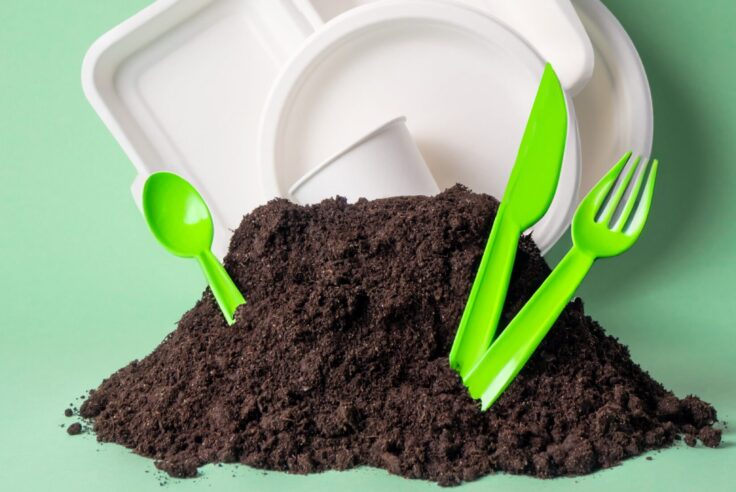
Press Release
Does Compostable Packaging Actually Break Down? Composting...
Data in new report reveals that certified food-contact...
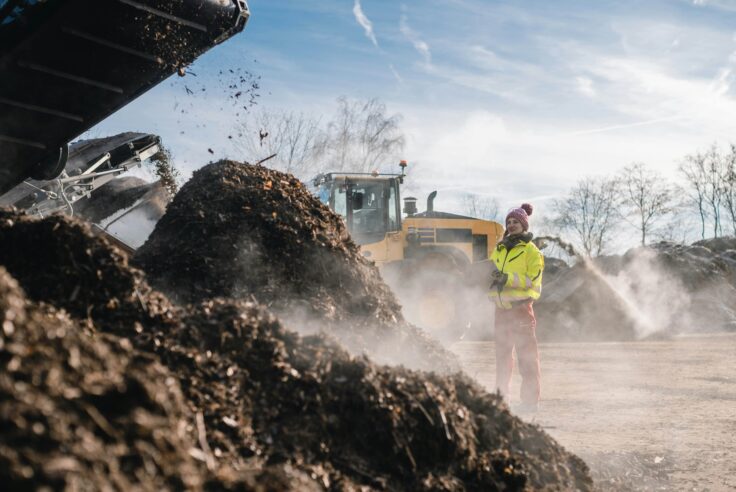
Press Release
First-of-Its-Kind Study by the Composting Consortium...
Commonly held assumptions about contamination were...

Press Release
Closed Loop Partners and the U.S. Plastics Pact Release...
Key findings support the development of more effective...
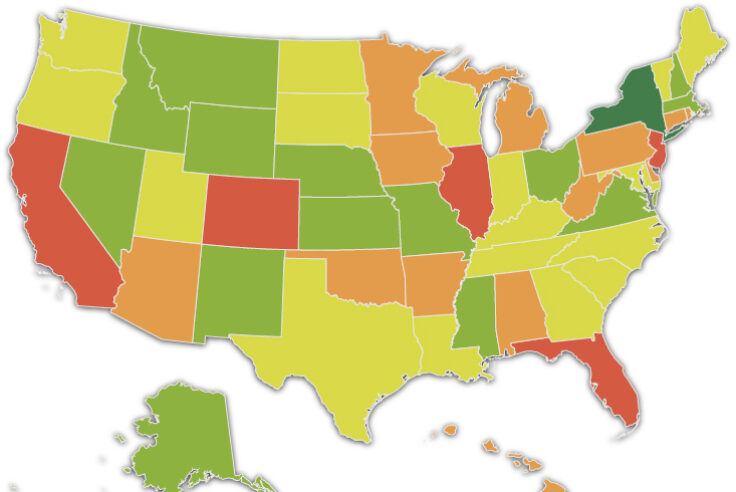
Blog Post
What Brands Need to Know to Increase the Recovery of...
Permitting for composting facilities is complex, but...

Press Release
New Report from the NextGen Consortium Shares Path...
Insights include solutions for paper mills, material...
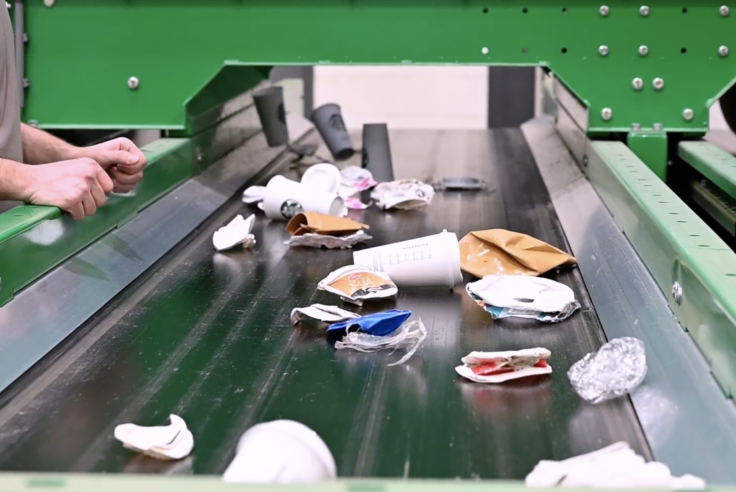
Reuse Series
Blog Post
When Reusable Cups Reach End-of-Life: 5 Tips to Ensure...
The NextGen Consortium shares 5 tips to ensure reusable...
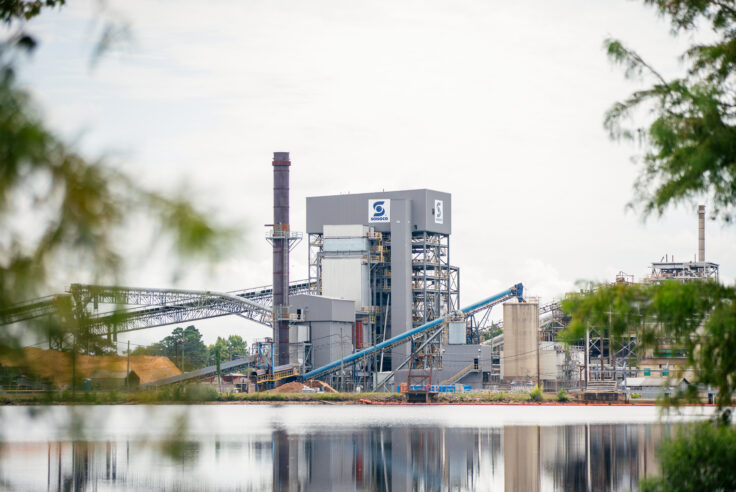
Blog Post
How a South Carolina Paper Mill Started Recycling Your...
In July 2022, Sonoco announced it would accept paper...
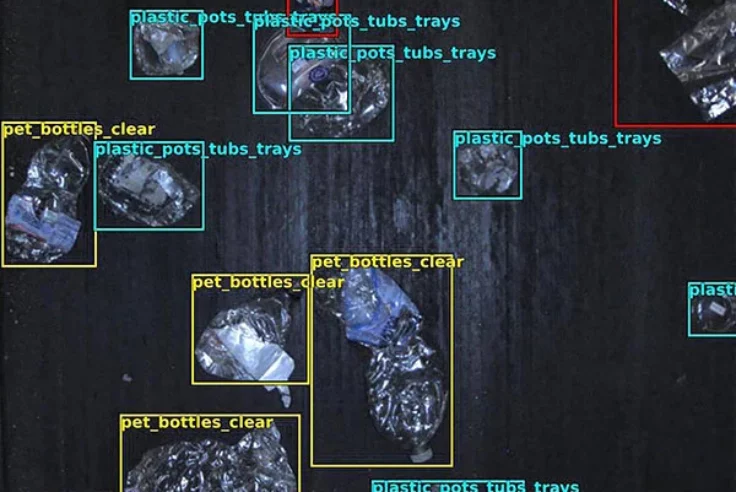
Press Release
How AI Could Change the Way We Think About Recycling
Closed Loop Partners’ Center for the Circular Economy...
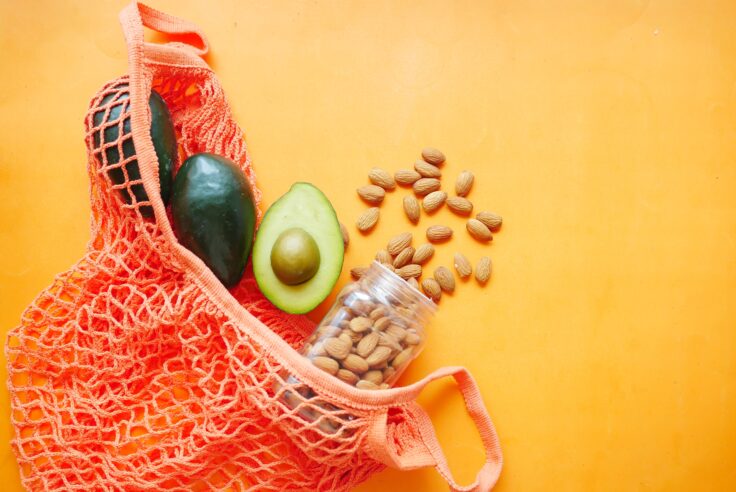
Reuse Series
Blog Post
Making Reuse an Everyday Reality: 3 Things We Must...
Reuse is now at a critical stage of development. A...
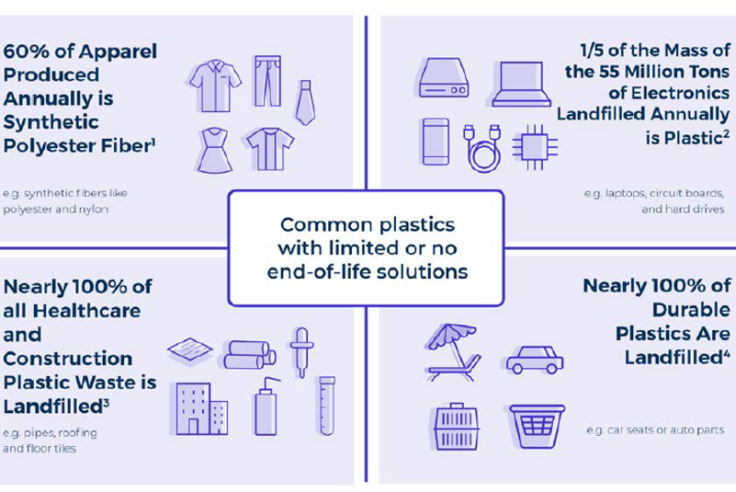
Molecular Recycling
Blog Post
What Is Chemical Recycling, Why Does It Have So Many...
Closed Loop Partners spent 18 months investigating...
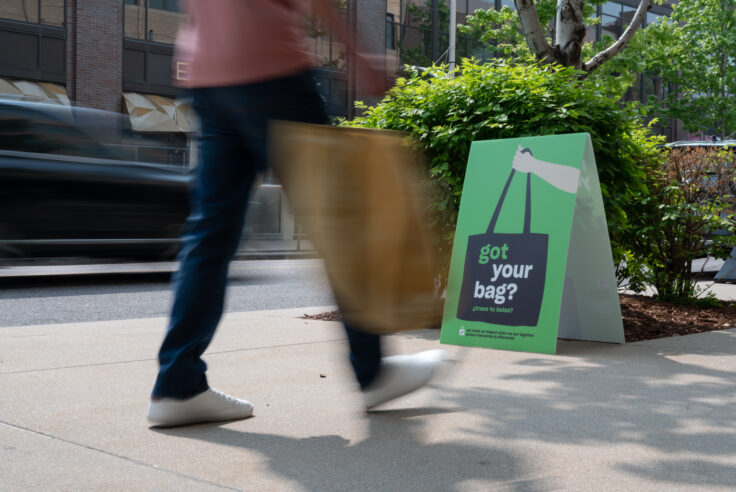
Reuse Series
Blog Post
The Most Sustainable Bag Is Likely the One You Already...
How often do you get to the checkout counter only to...

Press Release
Dollar Tree and Family Dollar Join the Beyond the Bag...
The retailer aims to reduce dependency on single-use...
